How can we know what God is like and what He expects of us? The truth is, if we were left to our own wisdom and reasoning capabilities, we would never arrive at true knowledge about God and how we are to worship Him. It is true that when we look at the creation around us, we know and understand (and so does the non-believer, even though he suppresses that truth) that God exists and that He is powerful (Romans 1), but we would still remain in darkness about the specific character, requirements and promises of God. Praise be to God that He has not left us in darkness, but has instead revealed Himself to us by giving us His Word, the Bible.
“Do your best to present yourself to God as one approved, a worker who has no need to be ashamed, rightly handling the word of truth.” 2 Timothy 2:15
The Nature of the Bible
It is because of the nature of the Bible that the subject of correct interpretation is very important for us to understand. God gave us His Word over a period of a few thousand years, written by numerous different authors (Moses, Isaiah, John, Paul, etc.) from many different walks of life who lived in many different cultural contexts. In addition to that, God gave His Word to us in the form of human language, specifically in Hebrew (with a bit of Aramaic) and Greek. God inspired men to write His exact words, all the while using the specific personalities, languages, and historical contexts of the Biblical authors. The Bible is therefore both a human book–written by men, and a divine book–inspired by the Holy Spirit. It is because of this ‘dual authorship’ (human and divine) that the method of grammatical-historical interpretation becomes highly important in rightly understanding what God has revealed to us.
“For no prophecy was ever produced by the will of man, but men spoke from God as they were carried along by the Holy Spirit.” 2 Peter 1:21
The Grammatical-Historical Method?
To put it simply, the grammatical-historical method of interpreting Scripture means that we should pay careful attention to the grammar (how language works) and historical context (when the text was written) of any given Bible passage that we are seeking to interpret and understand. Our goal should be to seek and discover the original meaning of the text that was intended by the original author and inspired by the Holy Spirit. If we simply seek to try and come up with our own meaning for any given text, we are actually misusing the Bible and ignoring what God has inspired and what He wanted to be said. The reason it is so important for us to accurately know and understand the true and original meaning of the text, is that this is foundation that we then build our lives upon, God has revealed to us what we need to know about him, and we should seek to live in accordance to that revelation. If we misinterpret the Bible and live according to our own faulty and misguided understanding of what God has said, we are not actually building our lives on the truth of God’s Word, but instead a misrepresentation of it.
Grammatical?
‘Grammatical’refers to the aspect of language and grammar, and just like all good communication requires some form of rules and guidelines for it to be understood rightly, so it is especially with written languages. God has revealed Himself to us in the form of written language, therefore for us to be able to understand what God has spoken, we must understand and pay attention to the way language is built and how grammar works. We cannot just ignore the rules of language or define words to mean whatever we would want them to mean. We can understand that this applies to our own everyday life also, that we need to understand the basic rules of language to be able to communicate and expect to be understood by others. The same is true when we seek to interpret the Bible.
Historical?
The second part of the method is ‘historical’. This aspect also arises from the truth of the dual authorship of Scripture. Since God used men to write His Word, it needs to be remembered that these men wrote in a certain context of history and were surrounded by a specific culture, which is often somewhat different from what we experience in our day and age (which of course also changes based on where we live). The word ‘historic’ also reminds of the fact that the Bible is historical truth, not just some imaginary religious fable or allegory, but instead actual accurate history. Because of this, when interpreting the Bible, we need to realize that whatever passage we are studying is true and accurate, and also to be mindful of how the original historical context might affect our understanding of the passage.
In Everyday Life
When reading a newspaper or an email, we are also using (either consciously or unconsciously) a form of grammatical-historical interpretation to help in understanding what we are reading. The difference that there is when considering the Bible is that since it is the true Word of the living God (unlike the fallible newspaper that fades away the next day), it is much more crucial and meaningful for us to interpret and understand that message correctly. If we misinterpret something in a newspaper it probably has very little effect on our lives, but if we misinterpret the Bible, even our eternal destiny could be depending on it, if we would fail to rightly understand and believe the essential truths of the gospel. There are of course certain places in the Bible that are harder to understand and that don’t have as big of an impact on our lives even if we happen to get it wrong, but we should always still seek to be faithful and accurate to the best of our ability in interpreting and understanding the Word of God so that we can then live according to it, knowing that we are building our lives upon the Word of God and not our own misguided opinions. When we rightly interpret and truly understand the meaning of Scripture by the power of the Holy Spirit, we hear God speak to us through the authoritative and living Word of God.
APPENDIX:
Basic Hermeneutics Syllabus for a Church Context
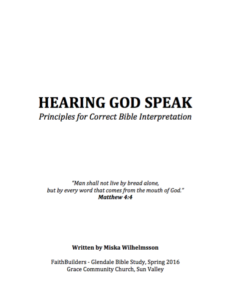 For my Hermeneutics (Bible interpretation) class with Dr. Matthew Waymeyer at The Master’s Seminary, one of our assignments was to develop a simple 12 week syllabus of how to teach the essentials of Bible interpretation and the importance of it in a normal church context. I have since used that syllabus myself in the small Bible Study group that I lead from FaithBuilders at Grace Community Church. In case you’re interesting in looking at the syllabus and maybe even using it for your own purposes, please feel free to download it here as a PDF. Please let me know if you find it helpful in some way.
For my Hermeneutics (Bible interpretation) class with Dr. Matthew Waymeyer at The Master’s Seminary, one of our assignments was to develop a simple 12 week syllabus of how to teach the essentials of Bible interpretation and the importance of it in a normal church context. I have since used that syllabus myself in the small Bible Study group that I lead from FaithBuilders at Grace Community Church. In case you’re interesting in looking at the syllabus and maybe even using it for your own purposes, please feel free to download it here as a PDF. Please let me know if you find it helpful in some way.


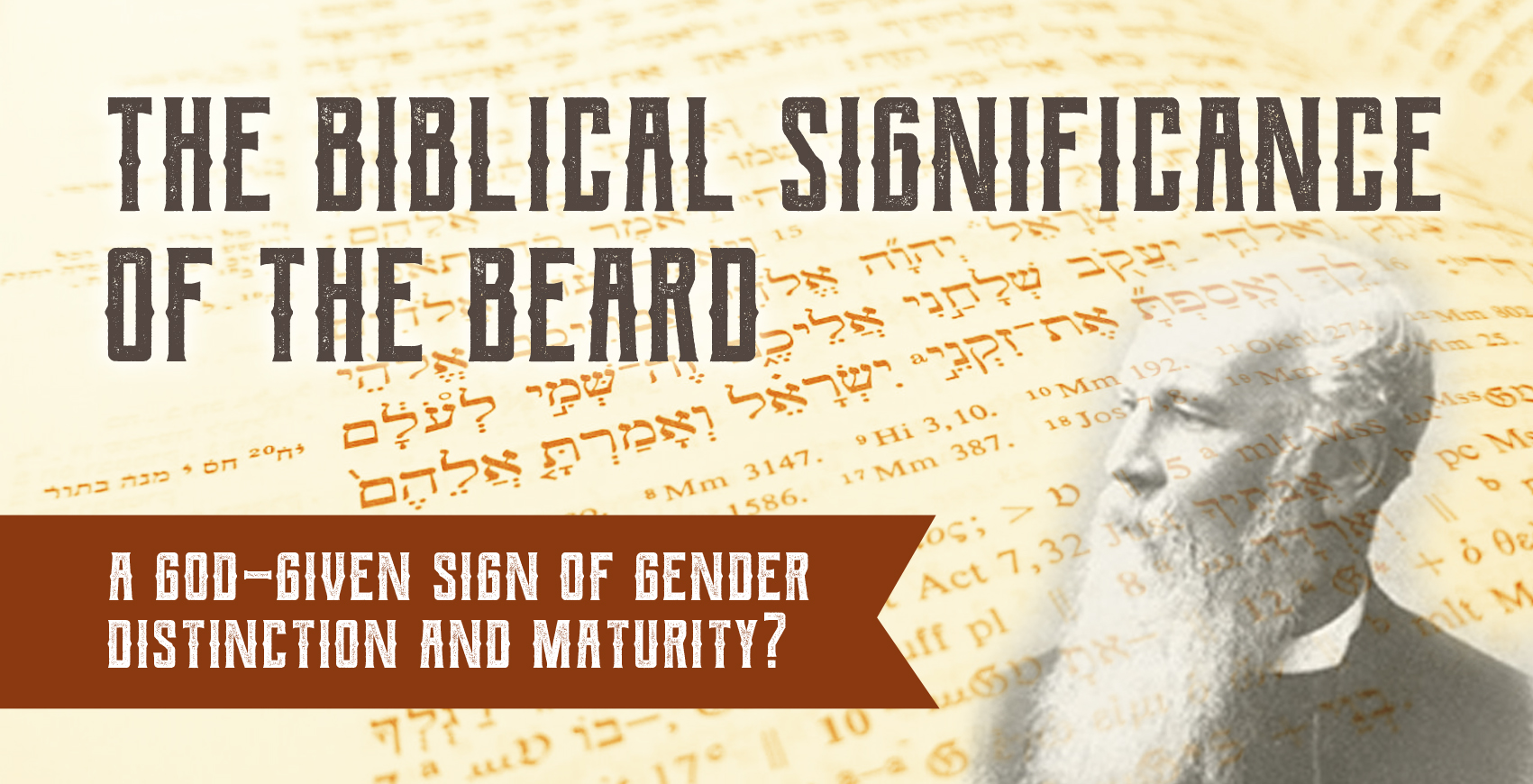
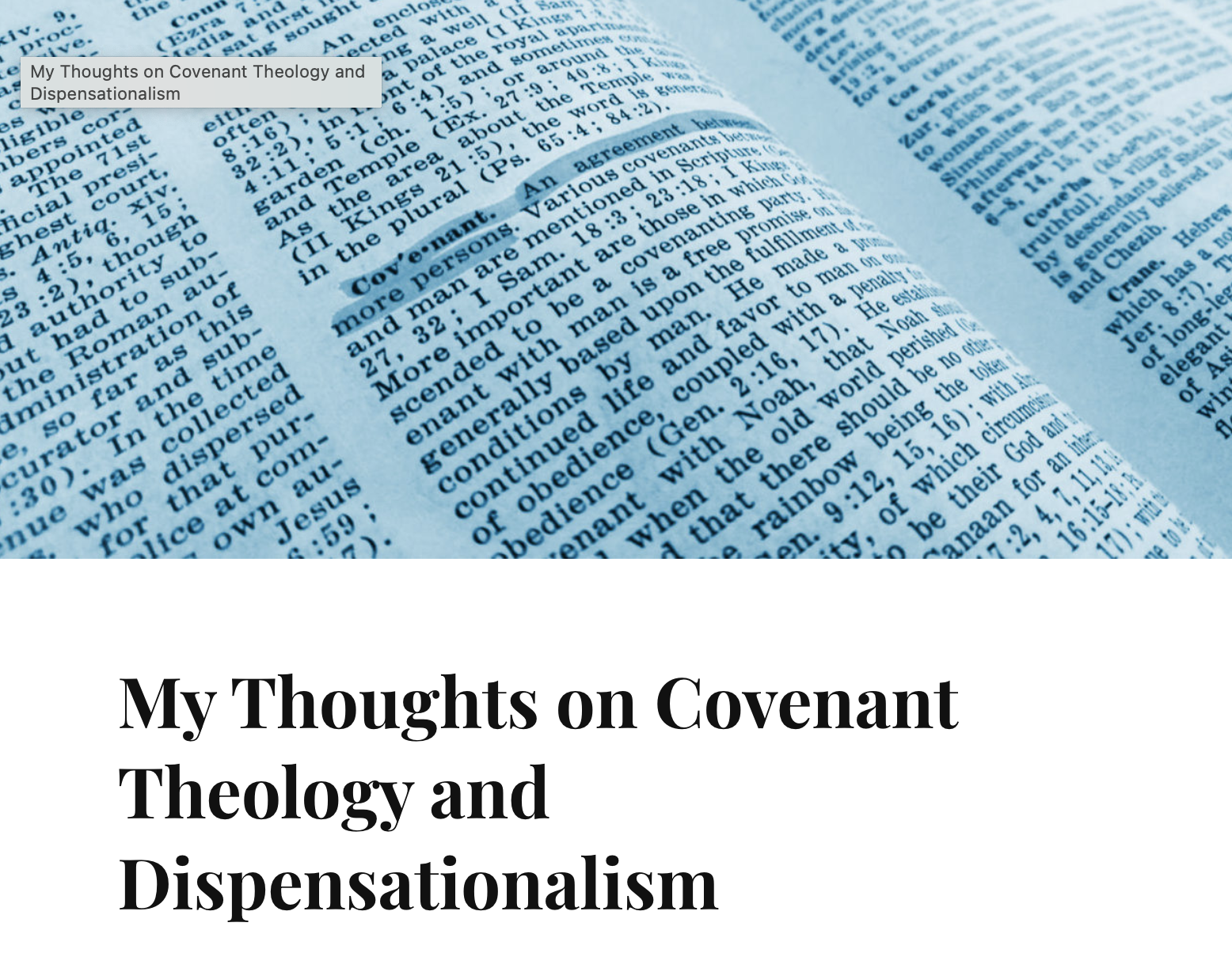
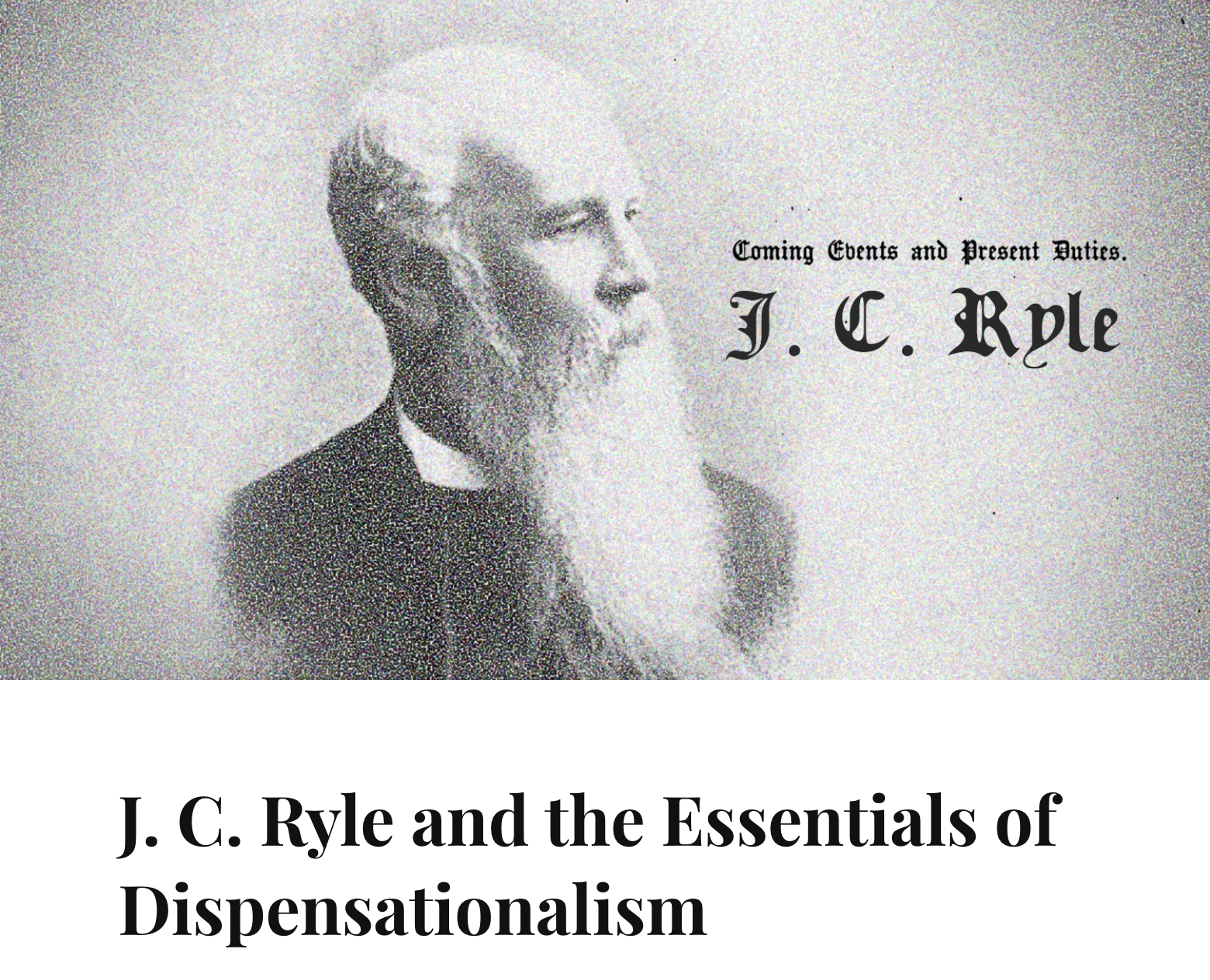
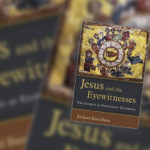






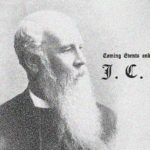
Dan Dwelly
Hey Miska. Thanks for this helpful post. I’ve also skimmed through your ‘Hearing God Speak’ teaching notes which also seem very good. However, I can’t help but notice something that could be missing and wonder how you have considered this in your study, namely, the way Christ and the apostles affect the way we interpret the word? You do talk about considering the wider context of Scripture which, I’m assuming, you include the way the NT interprets OT passages. However, these NT, or, let’s say apostolic passages sometimes radically change the way we understand a text and perhaps what the “original author intended.” What are your thoughts on this?
Miska Wilhelmsson
Hi Dan! Thank you for your kind comment. Unfortunately I do not have time to give a detailed answer, but here’s a few points.
First, the blog post and the syllabus are both meant to deal with the basics of hermeneutics, without delving too much into more advanced hermeneutical issues (of which I would consider NT use of OT being one of).
Second, I do not think that we are justified in coming up with a new hermeneutic that violates the basic historical-grammatical method. I would assume you still agree with me that this (historical-grammatical method) is the way we should approach the Bible?
Third, when dealing with the NT use of the OT, I do recognize that it is a tricky issue, especially as it relates to the single meaning of Scripture and authorial intent. However, I think the “Christo-centric” method is not a good way to approach the OT, since it easily leads to the interpreters creativity being the controlling factor in understanding a passage, instead of seeking to understand the passage in it’s original context. I do think that we need to have a Theo-centric approach in interpreting the Bible, since the Bible is God-centered, but I do not believe that it is honoring to Christ to seek to find him in passages if he is not there. I find this quote by Dale Ralph Davis to be very helpful: “I am convinced that I do not honor Christ by forcing him into texts where he is not.”
Here’s a few links: I think this is a good lecture by Dr. Abner Chou that deals with evaluating the hermeneutics of Christ-centered preaching. I think he summaries the issues very well, and I would agree with his teaching on this issue. http://www.tms.edu/media/hermeneutics-christ-centered-preaching/ Also from a historical point of view, I think this lecture by Dr. Nathan Busenitz is very helpful: http://www.tms.edu/media/historical-perspective-on-christ-centered-preaching/
May God richly bless you Dan, as you faithfully serve Him and His church. I hope our paths cross some time in the future again, and maybe we can discuss this topic in more depth over a cup of English tea 🙂
In Christ,
Miska